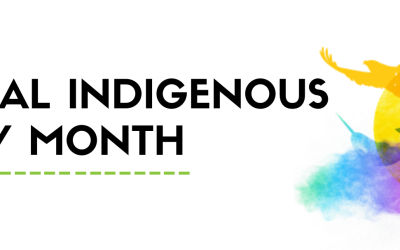Some First Nation leaders are already challenging different aspects of the government’s new financial disclosure law for First Nation leaders. The bill will require chiefs and councillors to declare their salaries and expenses.
In our fourth annual Aboriginal Governance Index, we asked First Nation respondents in participating bands across the Prairies to what extent financial statements and business plans are made available to members (pg. 32 of report). While 35 per cent gave a positive response to this question, 40 per cent gave a negative response. This is a troublingly high minority.
In our travels onto various Prairie-based reserves, we often hear stories of lack of transparency. Some may be inaccurate, but with so many anecdotal accounts, some of them must be based on the truth.
This bill does not mandate how much band leaders receive or how they are compensated for various things. It just provides transparency to what is happening.
One complaint we hear on reserves is chief and council holding meetings off-reserve or about unexplained trips.
No one disputes many First Nation leaders earn what they receive and that their job is demanding. They are often on 24 hour call.
First Nation communities that understand that will respect what their leaders earn.
But, there is nothing wrong in having a spotlight. All politicians face this. Ridiculous expenses are brought to light. Trips on exclusive aircraft are challenged.
Indigenous communities, by and large, are not defined by clear fiscal and political relationship of accountability between leader and citizen. Until that is achieved, band members at least are entitled to disclosure so they can decide what is fair compensation for their leaders.
Apparently, the Ministry is making disclosure a requirement for government funds. This may seem harsh and perhaps there is room for flexibility, but there have to be consequences for not being transparent.
Moreover, those First Nations that are on the ball know that transparent governance is better for solid business investment. This was mentioned when the bill was introduced on Wednesday. In the end, this kind of transparency will pay dividends for First Nation economic development.


